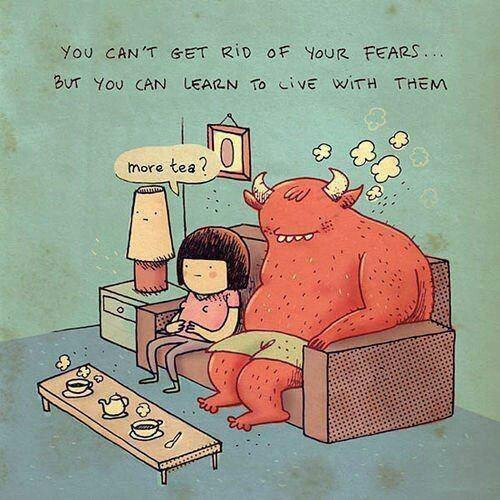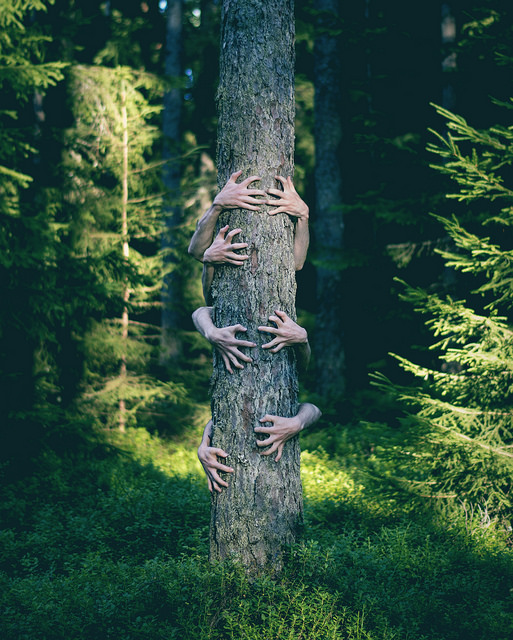This last week, my venerable Uncle Don, a true man’s man, salt of the earth, brass tacks and all that, passed away.
He had a long life defined by love of his family, the outdoors and the occasional corny joke.
When I spoke to my mom, (his sister—who adored him in a way maybe only a little sister can adore her big brother) about her last time seeing him, she mentioned that they had gotten into a bit of a snit with each other. Like most siblings, they had a deeply established hierarchy in which my Uncle Don ruled, and felt free to correct my mom if he felt she was doing something the “wrong” way.
In this case, they were debating the wisdom of using a spade versus a pitchfork first when trying to loosen dirt for gardening. My mom uses a pitchfork—Don insisted that a spade was best.
Or maybe it was the other way around. But anyway, you get the point.
As she has done since she was a little girl, my mom began to get sucked into this petty argument, when suddenly she realized—no, I don’t have to go there!
She mentioned that he had always had a stubborn streak and that in general, it was his way or the highway. As she said it, I wondered why that would be. Why would someone be so stubborn? For that matter, why do any of us behave in ways that are intentionally contrary or crazy making?
With a flash of clarity I knew—or should I say, I remembered—the answer.
It can be found here, in my all-time favorite quote:
“There are only two emotions: love and fear. All positive emotions come from love, all negative emotions come from fear. From love flows happiness, contentment, peace and joy. From fear comes anger, hate, anxiety and guilt. It’s true that there are only two primary emotions, love and fear. But it’s more accurate to say that there is only love or fear, for we cannot feel these two emotions together, at exactly the same time. They are opposites. If we’re in fear, we are not in a place of love. When we’re in a place of love, we cannot be in a place of fear.” ~ Elisabeth Kubler Ross
So, knowing that, we can ask ourselves, what are they (or what am I) afraid of?
Asking that question automatically takes us off the path of fear and puts us on the path to compassion.
Try it for yourself. The next time you encounter an angry driver, have a fight with your spouse or are watching the news and hear about some horrific crime, instead of getting caught up in anger or outrage or the argument, simply wonder—what is the fear that has motivated this person (or people) to behave this way?
Even if we can’t find the answer, the mere act of speculating releases us from the trap of negativity.
Similarly, and perhaps even more powerfully, we can ask ourselves—in moments of stress or fury or even just peevishness—what are we afraid of?
Instead of spiraling down into our fear, this basic question allows us to reflect on what might really be happening. If we can answer it honestly, it even gives us the chance to transform our reality for the better.
It is a lesson that I learn and forget and remember all the time, for fear is a powerful force and it is hard to keep our sanity in the face of it. But if we can begin to train ourselves to observe fear rather than engage in it, we will exponentially increase our ability to operate from a place of love, and that is the true key to happiness.
~
Relephant:
How to tell the Difference between Fear & Intuition.
Bonus:

Relephant: How we can quickly wake up to the present moment and not be afraid:
~
Author: Erica Leibrandt
Editor(s): Alli Sarazen & Renee Picard
Photo: János Csongor Kerekes/Flickr



Read 4 comments and reply